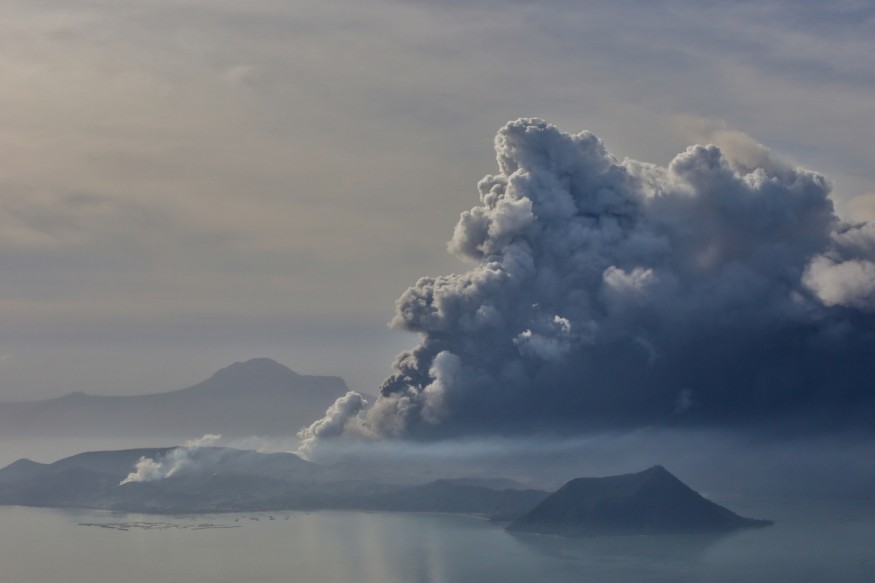
The notable sight of molten lava streaming down a volcano's facets as voluminous ash plumes gush tens of thousands of feet into the atmosphere will send nearby residents right into a panic.
Volcanic eruptions and associated earthquakes have been regarded to wipe out neighborhoods and claim thousands of lives. However, it can come as a surprise that volcanic activities could positively affect the environment and those living in the region.
Some of the advantages occur in a short time period in addition to thousands of years, according to Dr. Tracy Gregg, associate professor for the University at Buffalo's geology department.
1. Atmospheric cooling
Gregg says one of the short-term advantages observed with recent massive eruptions along with 1991's Pinatubo eruption in the Philippines and 1982's El Chichón eruption in Mexico, which both exploded ash and sulfur gas into the stratosphere.
"The sulfur gas blends with water inside the atmosphere, growing microscopic droplets that can stay within the surroundings for years," Gregg said. She explained that the impact of those droplets is cooling the bottom of the ecosystem, that is the level in which people stay and breathe.
Both eruptions cooled the surroundings approximately over a 0.5ºC, she said. That doesn't sound like a lot; however, Gregg said volcanoes have certainly helped to hold the world about 2 to 3 degrees cooler than in any other case might be.
2. Land formation
A long-time period benefit of volcanic interest is seen in the Hawaiian Islands' very existence. Gregg noted the Big Island of Hawaii with Kilauea's recent eruption as an example, as lava poured into the ocean to create new land.
"All lands in the Hawaiian Islands were created this way," Gregg said. This land formation, according to Gregg, could take lots of years.
3. Water production
Concord University volcanologist Dr. Janine Krippner told AccuWeather the amount of water that has been produced by volcanoes has really given us the water that we've got on Earth over 4.5 billion years.
"It comes out of steam," Krippner said. She explained volcanic eruptions are just built up of water and magma on this planet. Volcanoes have additionally helped create a huge part of Earth's surroundings, she added.
4. Fertile land
Fertile soil is another advantage of volcanic activity. Krippner said volcanic cloth jumbled in with the soil in locations like Japan, Indonesia, Philippines, and Hawaii, provides numerous crucial nutrients.
"It offers us certainly fertile soils, which are great for farming and crops," Krippner said. Volcanoes also offer an excellent environment for the formation of new habitats for animals, plant life and insects, she said.
5. Geothermal electricity
Hot springs and geothermal energy provide another advantage. According to the Union of Concerned Scientists, places on Earth with the very best underground temperatures are placed in regions with lively or geologically young volcanoes.
The University of Colorado Boulder said the most active geothermal assets are usually determined along fundamental plate boundaries in which volcanoes and earthquakes normally occur, just like the Ring of Fire.
6. Raw materials
Krippner said sulfur, copper, and gold are made out of volcanic activities. Diamonds are also carried up to the floor from the mantle from a rare kind of magma called kimberlite.
Krippner said volcanoes also provide quite a few constructing materials. She added volcanic materials that could be made into blocks, and a lot of the substances are mined, specifically in locations like Indonesia, where it's used for conglomerate constructing blocks.
The volcanic material may be ground down to make cement, she added.
© 2025 NatureWorldNews.com All rights reserved. Do not reproduce without permission.




